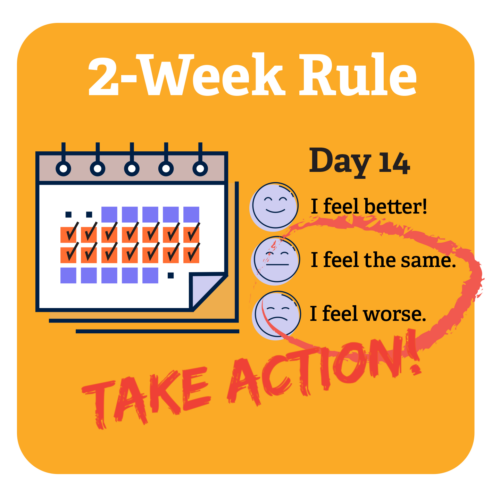
Ovarian cancer has long been known as the “silent killer” due to its lack of symptoms. Unfortunately, this often leads to a diagnosis that is too late for successful treatment.
Over the past decade, it has been determined that ovarian cancer does, in fact, have symptoms. Now, emphasis is being placed on learning those symptoms so the cancer can be detected early.
The American Cancer Society estimates that in 2016, 22,280 women will be diagnosed with ovarian cancer.
While ovarian cancer is rare, with about 1 in 75 women being diagnosed in their lifetime, it is the deadliest of all female reproductive cancers.
Only 20 percent of ovarian cancers are diagnosed in the early stages.
94 percent of patients live five years or longer when ovarian cancer is found in the early stages. Early detection saves lives.
Currently, there aren’t any medical tests or tools to detect ovarian cancer early. Pap tests do not detect ovarian cancer, although they do detect cervical cancer.
Recognizing the signs and symptoms of ovarian cancer is crucial for early detection.
- Trouble eating or feeling full quickly
- Abdominal or pelvic pain
- Persistent abdominal bloating, indigestion or nausea
- Fatigue
- Back pain
- Frequent or urgent need to urinate
- Upset stomach or heartburn
- Changes in bowel movements
- Menstrual changes
- Pain during intercourse
While there is no way to prevent ovarian cancer, there are some risk factors that you should be aware of.
All women are at risk for developing ovarian cancer. However, the following factors can increase your risk:
- This cancer mainly develops in older women. Ovarian cancer rates are highest in women aged 55-64. However, this does not mean that young women cannot get ovarian cancer. Ovarian cancer diagnoses can occur at very young ages as well.
- Ovarian cancer is more common in white women than African-American women.
- Women who have one first-degree relative with ovarian cancer have an increased risk of developing ovarian cancer themselves. Heredity is a strong risk factor, although it accounts for only a limited number of cases.
- Reproductive history and infertility also come into play with ovarian cancer risk. Research suggestions that there is a relationship between the number of menstrual cycles a woman has and her risk of developing ovarian cancer. Infertility also increases the risk of ovarian cancer.
If any changes in your health last longer than two weeks, it is time to see your doctor. You know your body best, so when speaking with a doctor it is important to discuss all details of your health. Yes, even the embarrassing ones.
Once you learn the signs and symptoms of ovarian cancer, share them with a friend or family member. By becoming educated on warning signs, you can help improve cancer survival rates and raise awareness for early detection.






